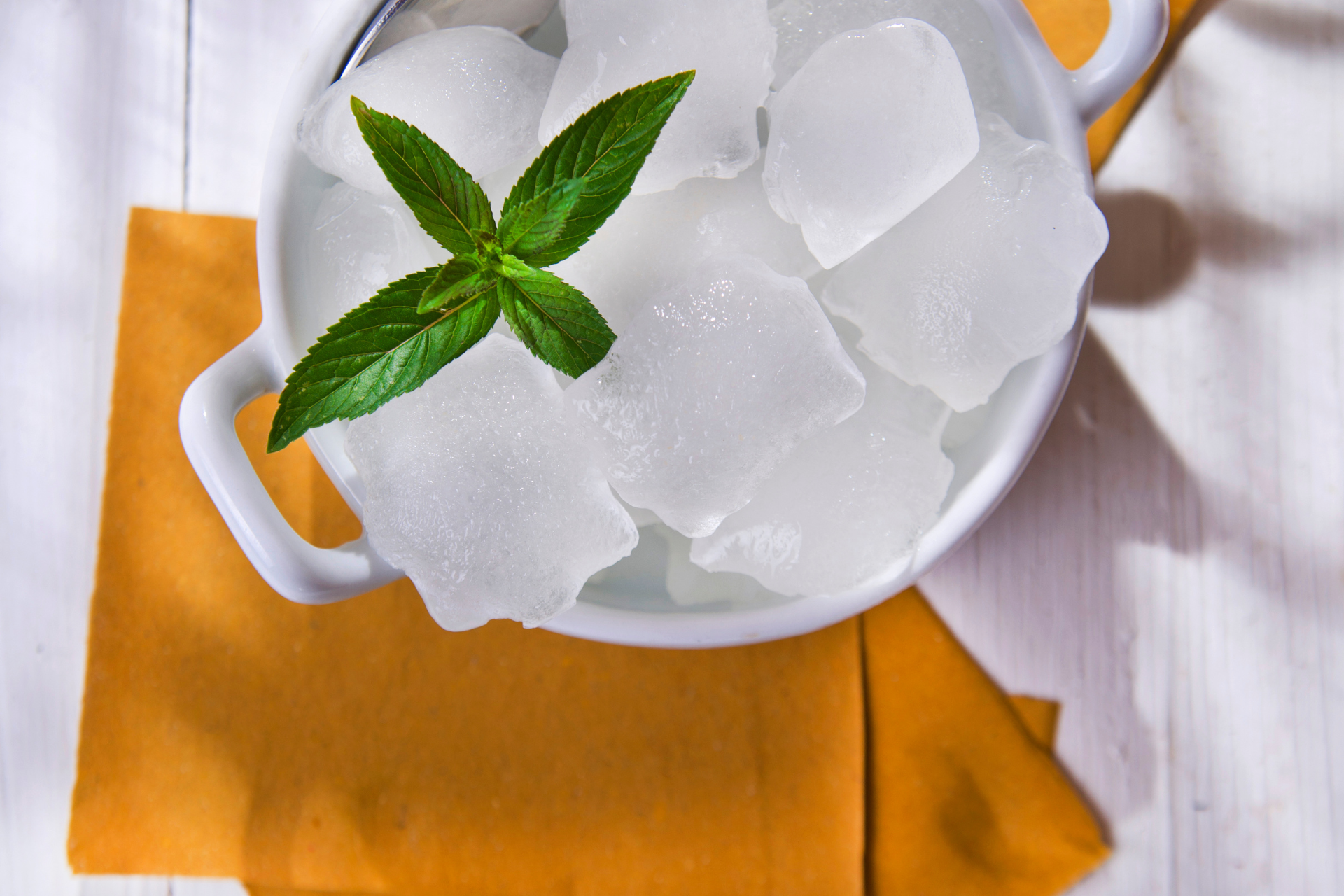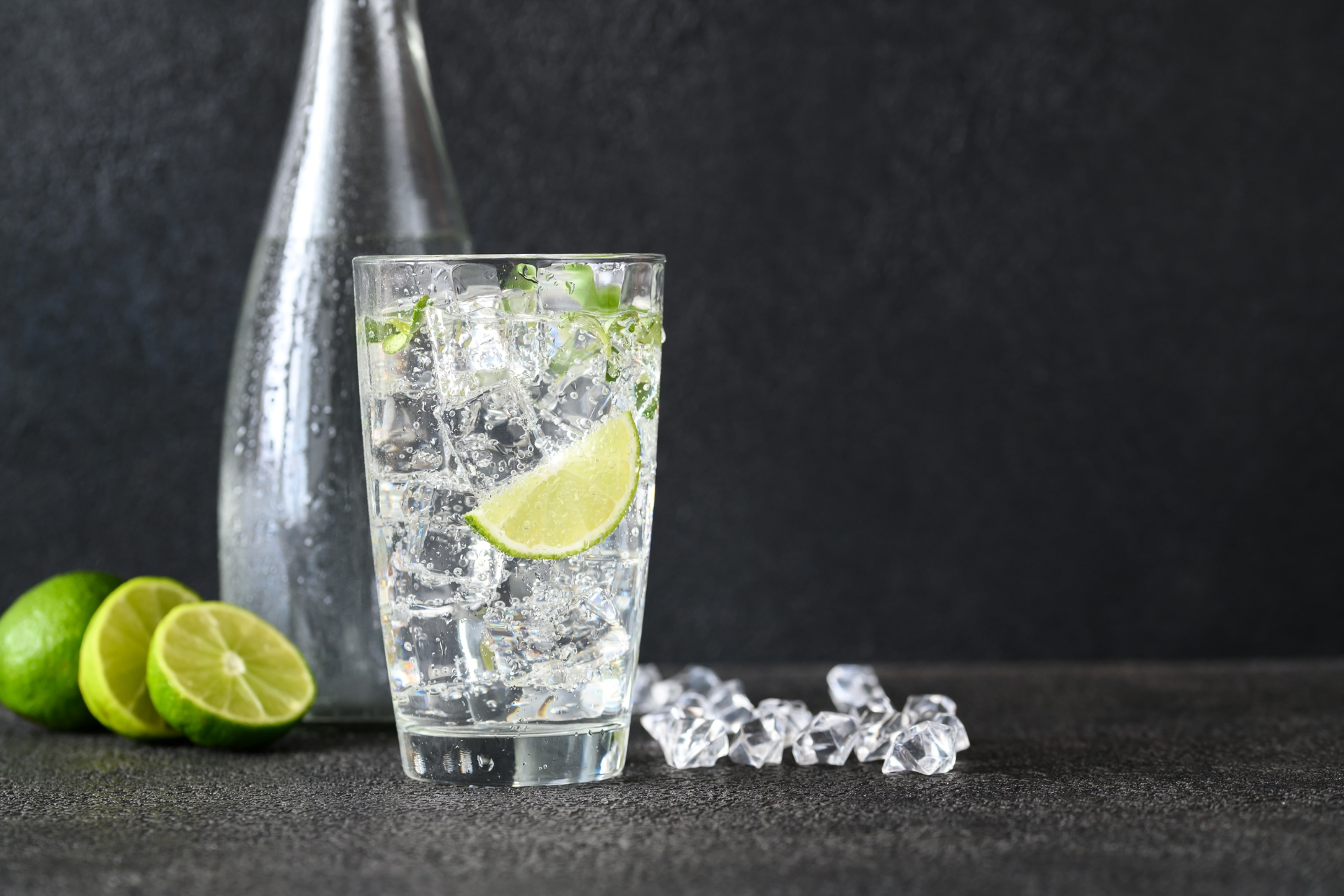
The Negative Effect of Chewing Ice
From nail biting to chomping on ice, we get it – sometimes, people develop habits that are hard to break (especially those linked to anxiety or nerves). But sometimes seemingly harmless habits can actually spell disaster for oral appliances, existing dental work, and oral health issues!
Are you tempted to crunch down on the ice at the bottom of your ice water or lemonade? Chewing ice (and eating other types of hot and cold foods) can be soothing, relaxing, or calming for people. Knowing this, it’s no surprise that chewing on ice is a common habit, and many people can actually crave ice to chew on.
Does It Hurt Teeth When You Chew Ice?
Before you give in to the temptation to chew ice, let’s dive into the big question: is chewing ice bad for your teeth?
We’ve got bad news. It is. Chipped teeth, weakened tooth enamel, and other damage are just the tip of the iceberg. Let’s find out a little more about how constantly chewing ice can lead to an expensive trip to your dentist.
Why is Chewing on Ice So Common?
The urge to chew on ice isn’t simply a bad habit – there’s actually a great reason why so many people enjoy it! When you chew on an ice cube, it can actually be a sign of other underlying issues, like iron deficiency anemia, dry mouth, or pica.
In addition, chewing cold and frozen items actually increases blood flow to the brain – this has a calming effect, which means that chewing regular cubes can actually make you feel better!
Why is Ice Bad for Your Teeth?
Teeth are incredibly strong, but they’re not invincible. When you chew on ice, you’re pitting your teeth against a very hard substance, and tooth enamel fractures easily when chewing hard substances. The cold temperature and brittle nature of ice can damage teeth, leading to small fractures, chips, or worse.
While routinely chewing on ice cubes can actually be a chronic issue – also called pagophagia – it only takes one or two bad chomps on whole ice cubes or hard foods to do tooth damage.

Problems with Fillings and Crowns
If you have fillings or crowns from tooth decay or root canals, chewing ice can be especially hazardous. The intense pressure from biting down on ice can damage dental restorations more easily than enamel, resulting in an emergency dental visit or repair work!
Issues with Braces & Oral Appliances
For those sporting braces, ice-chewing is a big no-no. Chewing ice can bend or break the wires and brackets, leading to unplanned orthodontic visits, prolonged treatment time, and added costs.
Just like apple slices, candy, corn, and crisp fruits, you should seriously avoid this habit while undergoing orthodontic treatment.
So, What’s the Cool Alternative?
Now that you know the chilling truth about chewing ice and its impact on your dental health, it’s time to explore some cool alternatives. If you crave that satisfying crunch, try munching on carrot sticks, cucumber slices, or apple wedges (unless you have braces). Shaved ice or other cold (but soft) snacks could also curb your habit!
In conclusion, while it may seem like a harmless habit, chewing ice can lead to a frosty fallout for your teeth and overall oral health. By opting for safer alternatives to your ice-chewing habit, you can take better care of your teeth and avoid unnecessary damage to your enamel!


